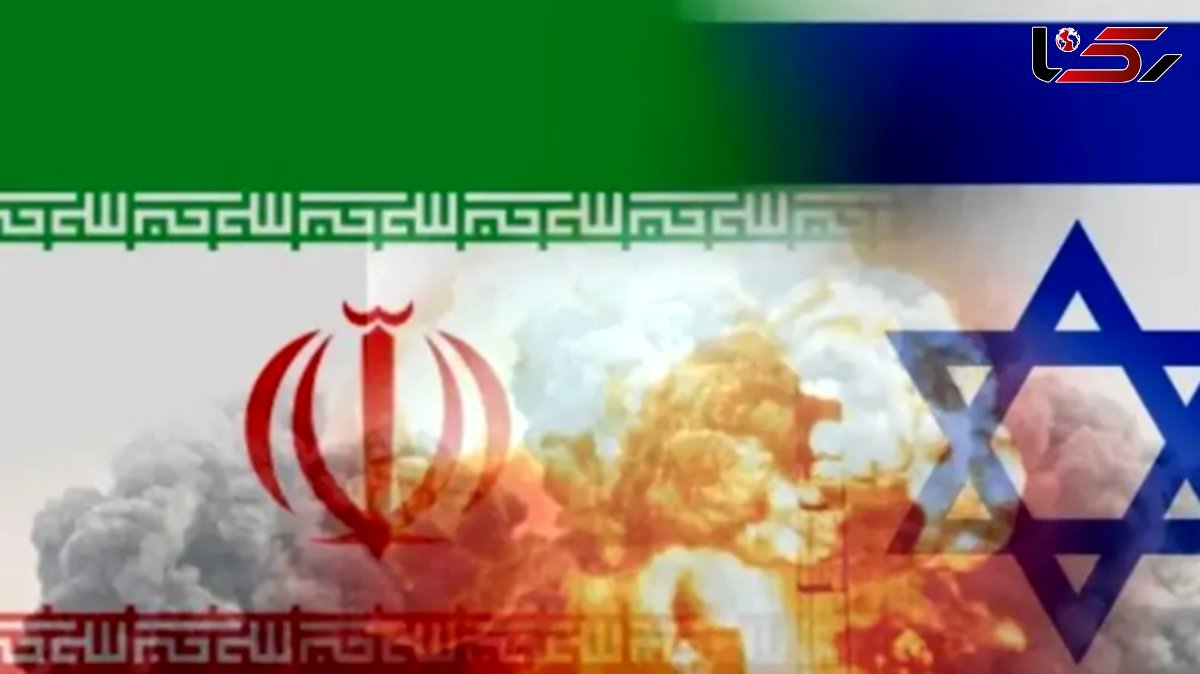Examining a Second Iran-Israel War: Answering the Million-Dollar Question
Rokna Political Desk: With the rising threats of Israel against Iran and speculations regarding the onset of a second war, analyses indicate that with the weakening of Tel Aviv’s defensive capabilities following the recent conflict and Iran’s military readiness, any Israeli military adventurism would face fundamental challenges.

One of the questions that has been asked from the very first hours after the ceasefire of the 12-day war by many, especially the public, is: considering the threats of the Israeli regime, when will the second war between Iran and the Zionists begin?
In this regard, senior Israeli military and political officials, as well as aligned propaganda apparatuses, are employing various methods to conduct psychological operations against Iran and aim to portray the notion of a second war as imminent.
According to Rokna, however, what is clear is that for a second Israeli-imposed war against Iran, conditions must exist that make this adventurism appear worthwhile to the regime. This issue becomes even more serious when we consider that during the 12-day war, Iranian missile strikes on various parts of the occupied Palestinian territories and the destruction of strategic targets deep within the occupied lands largely forced Israel, contrary to the verbal positions of its leaders, to act with more caution in any new adventurism against Iran.
Thus, the million-dollar question is: what are Israel’s main considerations for new adventurism against Iran? In this regard, attention to three elements is essential:
1. What would Israel gain from attacking Iran?
The Zionist regime must determine what it seeks from a new attack on Iran. If the regime aims to destroy all of Iran’s nuclear capabilities and facilities, this proposition seems less likely than before, particularly given Iran’s preparations following the 12-day war. A noteworthy point is that even Western intelligence services have previously warned that attacking Iran’s nuclear capabilities would merely delay progress by a few months and would not achieve complete destruction.
At the same time, one must ask whether Israel can realistically achieve anything beyond the attacks it carried out during the 12-day war against Iran’s nuclear capabilities. In any case, Iran has its own specific forecasts regarding any new adventurism against its nuclear program. Observing Israel’s strategic limitations in conducting renewed strikes on Iran’s nuclear sites, especially in the weapons domain, makes it clear that even if the U.S. aids this regime, Israel’s chances of success are not 100 percent. Meanwhile, the prospect of more devastating Iranian strikes in any future war is an absolute certainty.
2. Israel and the puzzle of national cohesion in Iran
The 12-day war had an important outcome that Israel may not have fully anticipated: the surge of Iranian nationalism. Essentially, this sentiment magnified the impact of Iran’s missile strikes on Israel during the conflict and, from the outset, undermined the Zionists’ agenda to change Iran’s political system.
Now one must ask whether Israel can truly assume that a new attack against Iran would replace this national cohesion with instability, driving Iran toward a Syrian-style project. Even the most optimistic analysts do not place high stakes on this proposition, as Iranian national identity and historical experience during major crises have shown that, rather than focusing on individual interests, Iranians prioritize the collective “We” and safeguarding the country’s core.
This is something that many Western and even Israeli media outlets have repeatedly noted in recent times. Interestingly, Netanyahu, now facing widespread protests in the occupied Palestinian territories and witnessing his shaky hold on power, attempts through propaganda maneuvers—such as claims that Iran is weak in water governance—to provoke the Iranian people to overthrow their political system. This equation and its duplicitous dimensions are now clearer than ever to Iranians, and Israel’s planning to topple Iran’s political system through new adventurism has effectively become a pre-determined failed project.
Israel will not repeat the mistakes of the first war in a second war against Iran. For this reason, unlike the 12-day war, Israel continually attempts to incite unrest in Iran and then enter the battlefield—a scenario that currently has little chance of success.
3. Israel and the enigma of U.S. involvement in new adventurism against Iran
Netanyahu strongly requires that the U.S. government accompany any new adventurism against Iran. However, setting aside Trump’s verbal positions, he has shown that he does not desire a full-scale war against Iran and does not consider it in line with his strategic interests. He is faced with a range of unresolved issues for which no solutions have yet been offered.
Meanwhile, some experts believe that Trump’s insistence on the destruction of Iran’s nuclear sites during the 12-day war largely stemmed from his attempt to signal to Israel and its allied lobbies that he does not wish to enter a new round of conflict with Iran. Nonetheless, even if these lobbies exert pressure on the U.S. president, Trump himself understands that entering a widespread war against Iran would severely jeopardize his domestic political capital.
Therefore, Israel’s uncertainties in securing Trump’s support for a broad war against Iran are significant. These uncertainties take on even greater gravity considering that Israel’s defensive capabilities have substantially declined in terms of logistics and armaments.
Send Comments